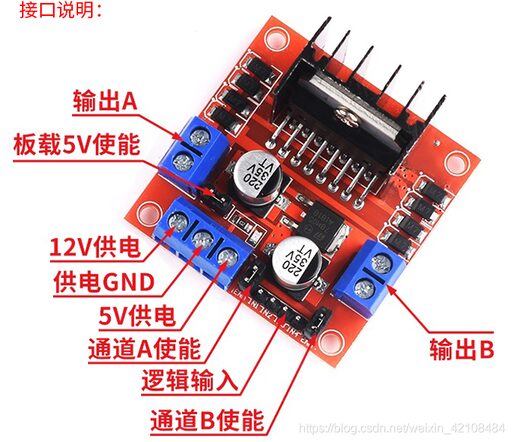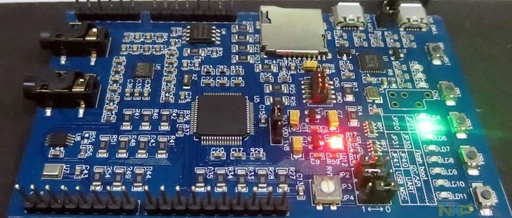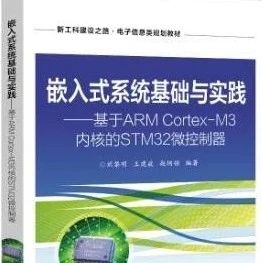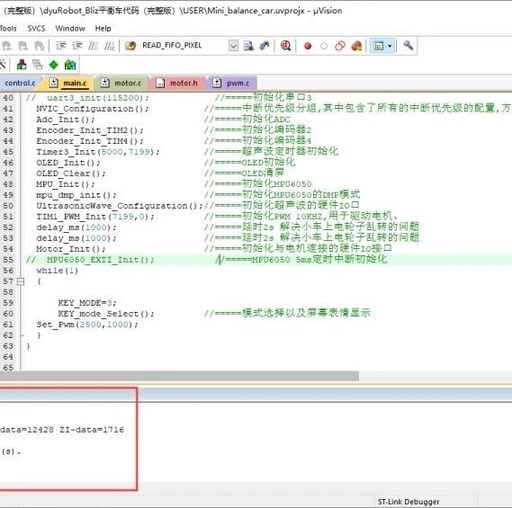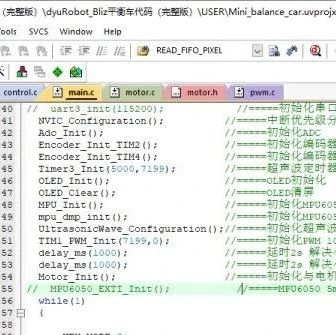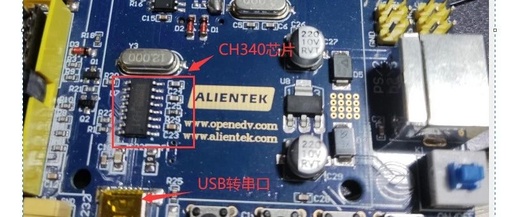STM32 Smart Home Project Design and Secure Boot Concepts
Click on the “Microcontroller” above, then click the upper right corner… select “Pin/Star“Official Account to receive the latest tweets! Introduction Implementing High Cohesion and Low Coupling with C Language Microcontroller Study: Typical 8051 Chip Pins Secure Boot (Part 2) Basic Concepts and Framework STM32G4 NVIC Interrupt System STM32 Smart Home Project Design Project Practice Part … Read more
